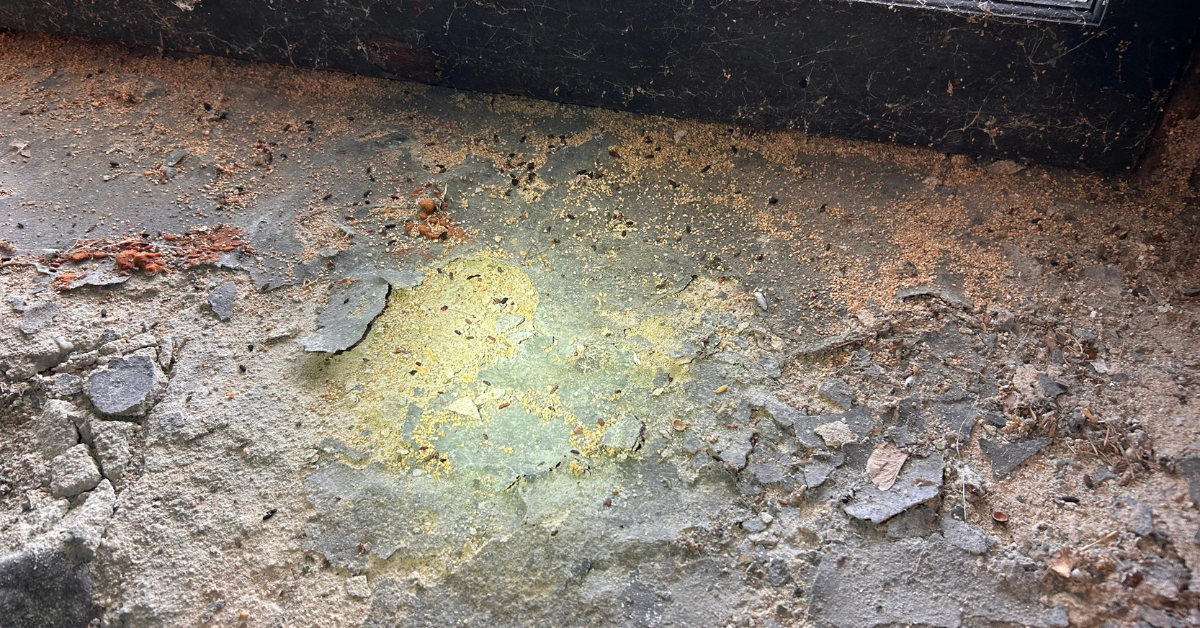Rodent Control Albany | Protect Your Home from Spring Infestations
Have you ever wondered if your Albany home is at risk for rodents this spring? While warmer weather might lead you to believe these pests will leave, rodents often find your home far more inviting than the outdoors. Understanding what attracts them and how to prevent an infestation is key to keeping your home rodent-free.
Factors That Attract Rodents to Your Home
Rodents, like all creatures, need food, water, and shelter to survive. When your home provides these essentials, it becomes a prime target for infestations.
Common Attractants
- Food Sources
- Unsecured food in cabinets or pantries.
- Crumbs or spills left on countertops and floors.
- Water Availability
- Leaking pipes or faucets.
- Standing water around your property.
- Shelter Opportunities
- Cracks or gaps in walls, floors, or foundations.
- Cluttered areas providing hiding spots.
If your home offers any of these, it could be a beacon for rodents.
Why Rodents Stay Through Spring
Rodents typically invade homes during colder months, seeking warmth and resources. However, many homeowners mistakenly believe they’ll leave once the weather warms up.
Why They Don’t Leave
- Comfortable Conditions: Your home offers everything rodents need—why would they leave?
- Rapid Reproduction: Rodents reproduce quickly, meaning an initial invasion can grow into a larger problem.
Stopping an infestation early is crucial to preventing long-term issues.
How to Prevent Rodent Infestations
Taking proactive steps can reduce the risk of rodents invading your home.
Prevention Tips
- Secure Food: Store food in sealed containers and clean up crumbs and spills immediately.
- Fix Leaks: Repair any leaking pipes or faucets to eliminate water sources.
- Seal Entry Points: Use caulk or steel wool to block gaps and cracks around your home.
- Declutter: Keep storage areas tidy to reduce potential hiding spots.
These steps can make your home less appealing to rodents.
Why Choose Thomas Pest Services for Rodent Control?
If you suspect rodents in your Albany home, professional help is your best option for effective removal.
What We Offer
- Expert Technicians: Our trained professionals use proven methods to eliminate rodent infestations.
- Customized Solutions: We tailor our pest control plans to fit your home’s unique needs.
- Long-Term Protection: Our strategies not only remove rodents but also prevent future invasions.
Take Action Today
Don’t let rodents overstay their welcome. Call Thomas Pest Services at 518-861-4921 or contact us online for a free inspection and estimate. Our experienced team is ready to protect your home and provide peace of mind, no matter the season.


.png)
.png)
